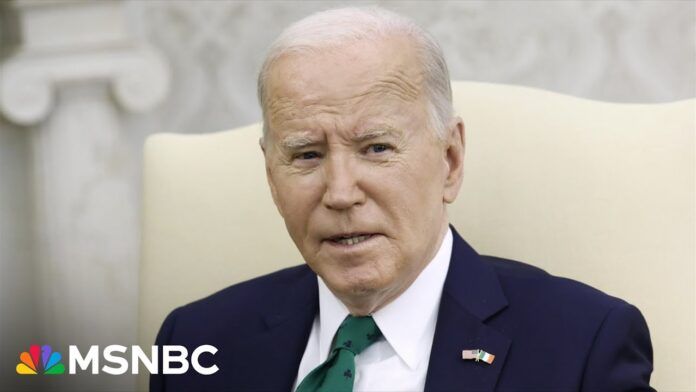Joe Biden’s prostate cancer diagnosis adds a new burden to his legacy after leaving the presidency
Just months after stepping down as the oldest president in US history, Joe Biden faces yet another formidable test: a diagnosis of aggressive and advanced prostate cancer.
At 82, Biden’s public life has long been punctuated by personal loss, physical hardship, and political resilience. From the car crash that killed his first wife and daughter in 1972, to the death of his son Beau from brain cancer in 2015, and a near-fatal brain aneurysm in 1988, Biden’s story has always entwined tragedy with persistence.
But this latest blow lands at a uniquely vulnerable time for both Biden personally and the legacy of his presidency. It comes as the public re-evaluates his decision to seek re-election in 2024, a move that Democrats now widely regret following his disastrous debate performance against Donald Trump last summer. That performance, described by critics as halting and incoherent, triggered a wave of internal pressure that forced Biden to withdraw from the race.
Now, the diagnosis adds gravity to the concerns long voiced by voters and political insiders about Biden’s physical and mental decline. His campaign to extend his time in office had already stretched credibility among many Americans. According to polls, a majority worried not just about his age, but about whether he could physically endure another term.
This new medical revelation underscores those fears. Despite access to elite healthcare, the fact that Biden’s cancer advanced undetected while he was still in office raises difficult questions. What if he had remained in power? Would his administration have concealed his condition? And how would such an aggressive illness have been treated while he was commander-in-chief?
During his presidency, Biden championed a national “Cancer Moonshot,” a project rooted in personal grief. His leadership of the effort began under Barack Obama in 2016, following Beau’s death. He pledged to cut cancer death rates and accelerate research. That mission became a centrepiece of his public agenda, now made painfully personal.
In the wake of the diagnosis, reactions have struck a rare chord of bipartisanship. Donald Trump, whose recent trip to the Middle East was marked by harsh criticisms of Biden, issued a short but respectful statement offering his “warmest and best wishes” to the former president and his family. It reflects a softer tone likely to dominate the coming days as the nation processes the news.
While several new books and exposés are surfacing with claims that White House aides worked to conceal the true extent of Biden’s decline, the cancer diagnosis may soften the sting of these revelations. The reality of a serious illness may shift the public’s focus from anger to empathy.
Until recently, Biden had faded from the spotlight, emerging only in brief media appearances — including a BBC interview where he defended his decision to remain in the 2024 race so long. But this diagnosis may pull him back into view, not as a political actor, but as a figure confronting mortality.
For a man whose political brand has always been about endurance, cancer is a new, sobering frontier. And yet, it may also provide Biden with one final public opportunity: to confront illness with the same stubborn determination that carried him through half a century in public service.
Joe Biden may be off the ballot, but he is once again at the centre of a national moment — one that tests not his policies, but his character.
